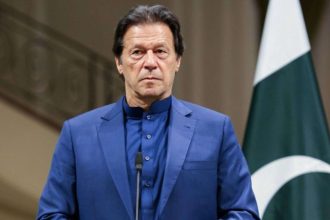The Sindh government has announced plans to distribute solar-powered electrical systems to 200,000 households, primarily targeting low-income families. This initiative comes as a response to the escalating power expenses and widespread protests over high utility bills.
Chief Minister Murad Ali Shah, speaking from his residence in Karachi, detailed that providing solar panels is part of a broader effort to combat the dual challenges of power shortages and climbing electricity bills. These solar systems, he noted, would significantly aid households in managing energy costs more effectively.
The decision aligns with recent unrest due to the mounting cost of electricity, highlighted by a series of protests across the country, including a prominent sit-in by Jamaat-e-Islami in Rawalpindi. The discontent was further fueled by a 26% increase in electricity prices approved last fiscal year and an additional 20% hike introduced by Prime Minister Shehbaz Sharif’s administration in July.
Amidst public outcry, a Senate panel has advocated for a forensic audit of independent power producers (IPPs) to scrutinize the reasons behind the inflated electricity bills.
Subsidy and Eligibility:
Chief Minister Shah elaborated that the solar panels would be provided to eligible low-income families at an 80% subsidy. Beneficiaries of the Benazir Income Support Programme (BISP) will qualify for this initiative. The provided solar panels will power a single fan and three light bulbs, addressing basic electricity needs.
Expanding on the strategy, the Chief Minister disclosed plans to equip two million households with solar panels. Furthermore, the initiative includes converting all government buildings to solar energy, with 34 buildings already transitioned and an ambitious target to generate 400 megawatts in the initial phase.
The Sindh Solar Energy Project, supported by a $100 million grant from the World Bank, underpins this initiative, showcasing a significant commitment to renewable energy solutions






